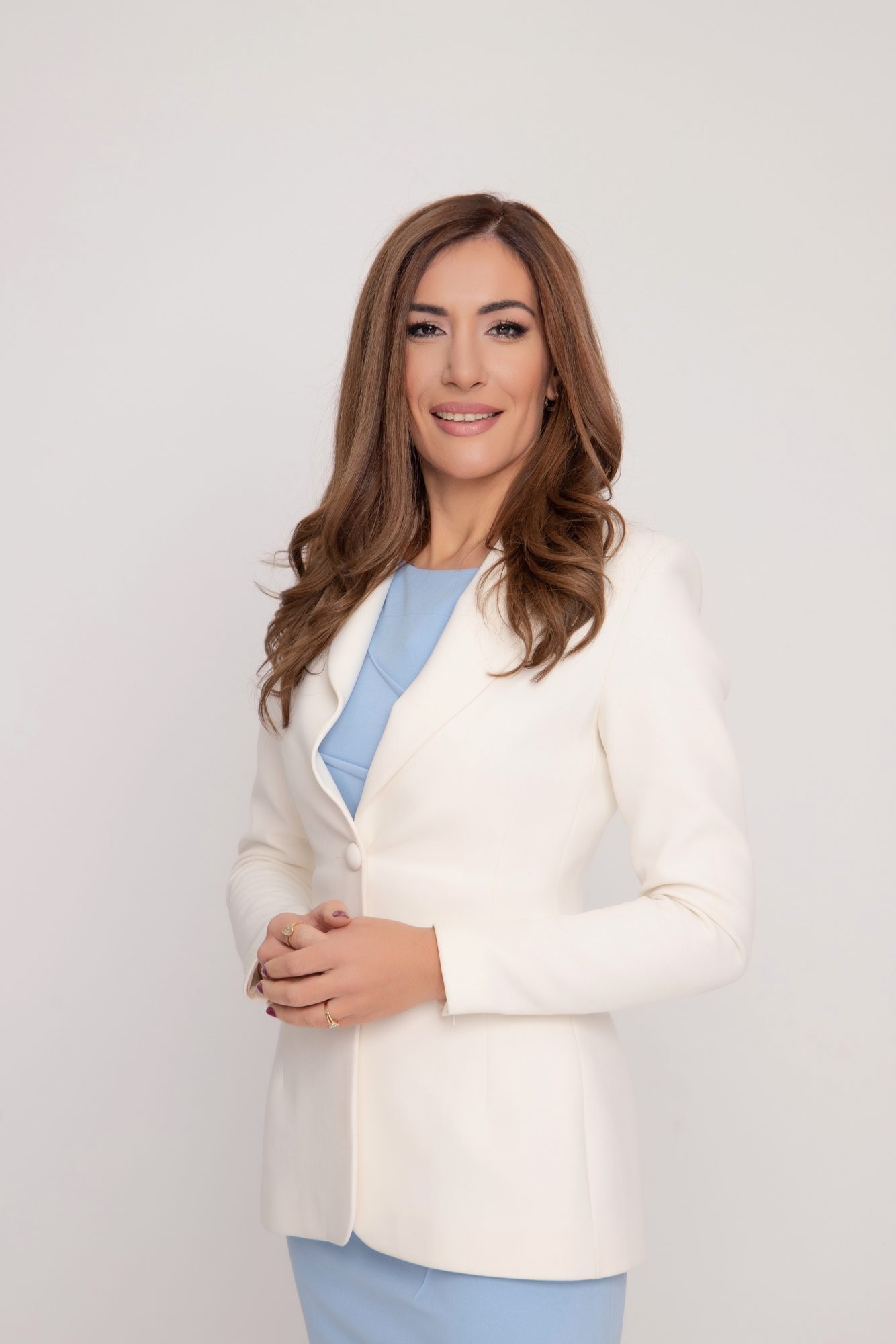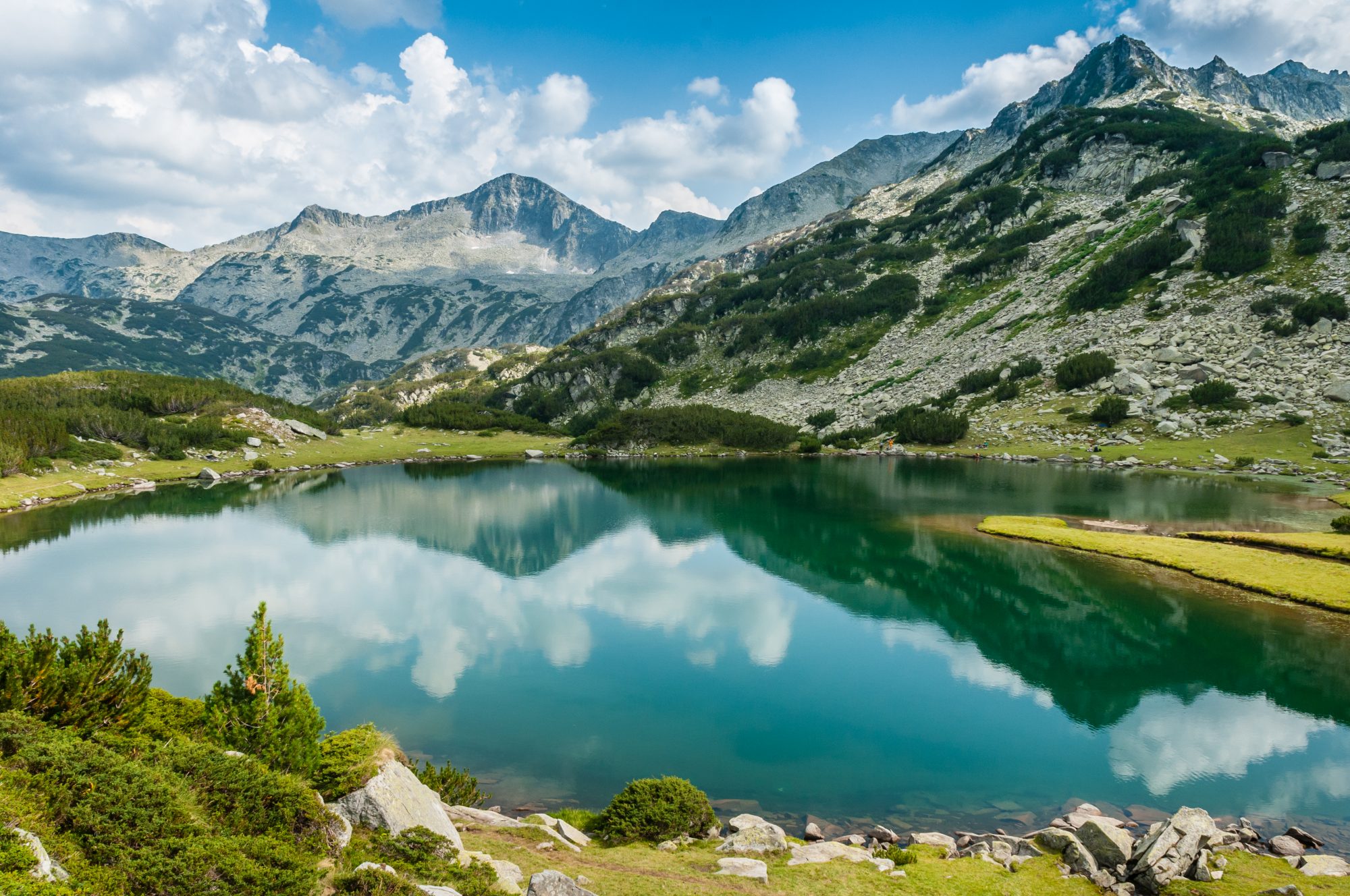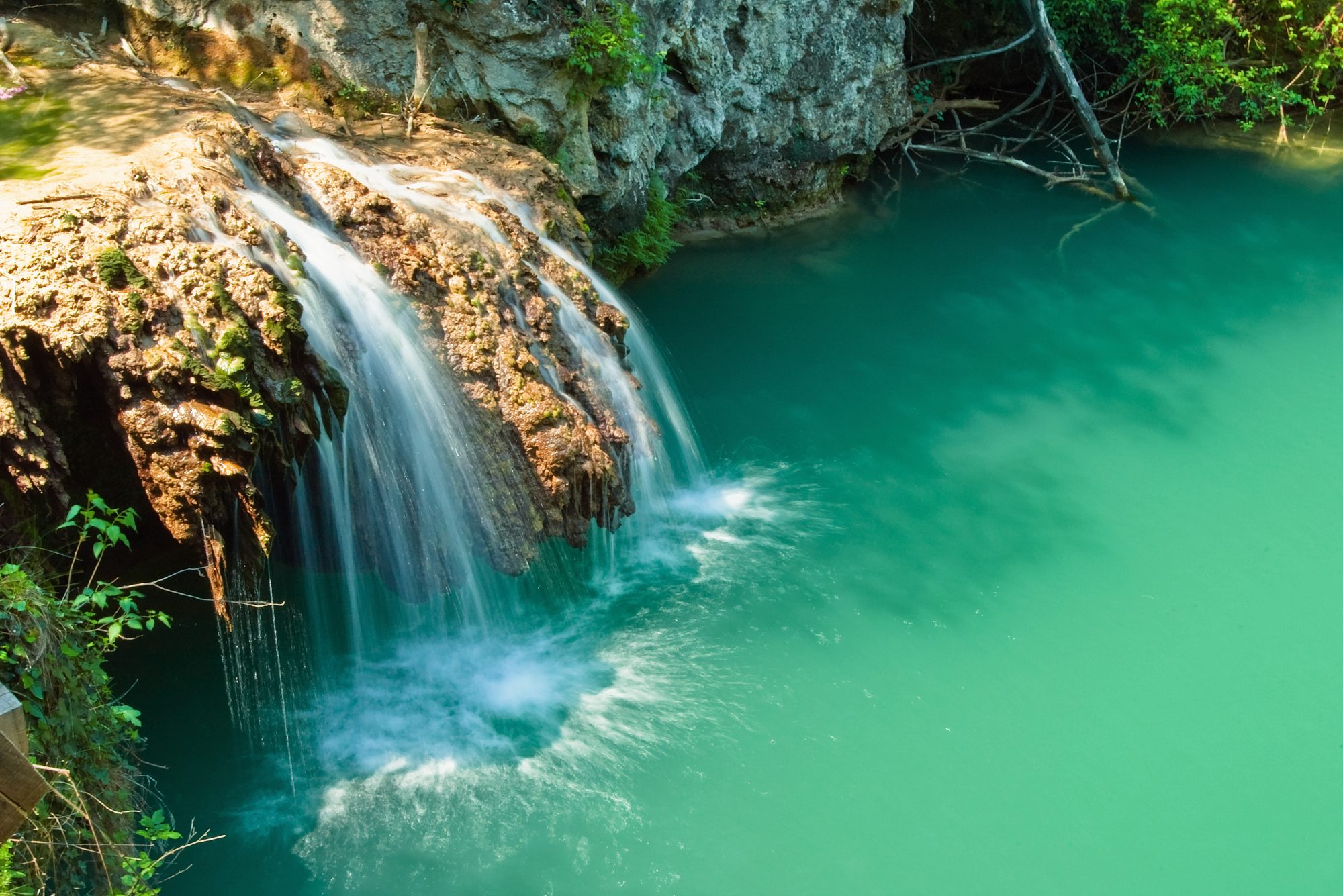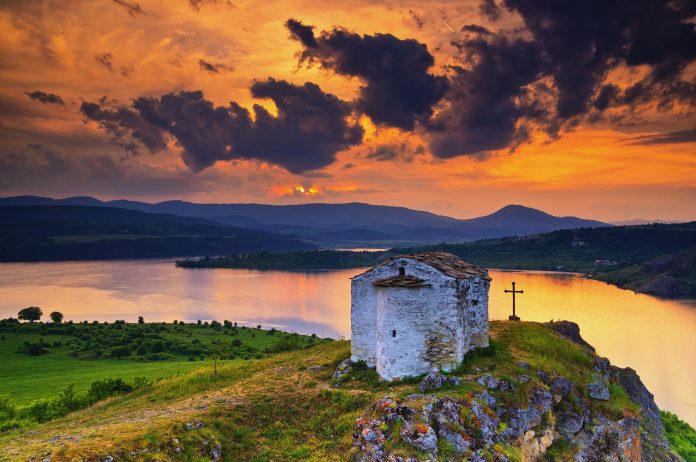Nikolina Angelkova, former Tourism Minister for Bulgaria, speaks with Open Access Government about Bulgaria and Southeastern Europe’s uncapped tourism potential
Open Access Government speaks with Nikolina Angelkova, the former Tourism Minister for Bulgaria 2014-2020, about the uncapped tourism potential in Bulgaria and elsewhere in Southeastern Europe.
During her mandate as minister, Angelkova and her team established the Tourism Ministry as a separate administration. Before that, she was Minister of Transport, Telecommunications and Information Technologies in interim government. Angelkova was also previously the Deputy Minister of Infrastructure and Regional Development. Prior to entering politics, she worked in the private sector and in the European Commission and the European Parliament.

What is the International Tourism Investment Corporation?
Well, the International Tourism Investment Corporation is a very important organisation in tourism, and I am very grateful and honoured to be able to work with Dr. Taleb Rifai, Ibrahim Ayoub and Gerald Lawless. I know Dr. Rifai since he was Secretary General of UNWTO.
We believe that a group of determined and like-minded people can change the course of history
The platform created with ITIC is gathering professionals from the public and private sector together, not only ministers and other governmental officials, but the entire tourism sector, policy makers, leaders, and investors, because we believe that a group of determined and like-minded people can change the course of history. The aim is to share thoughts and experience through successful events on different locations that can help others to improve and develop the tourism industry.
Bulgaria is going to host the ITIC Tourism Investment Forum for Central and Southeastern Europe in Sofia, on 13-14 September
I would like to thank the ITIC and mention that Bulgaria is going to host the ITIC Tourism Investment Forum for Central and Southeastern Europe in Sofia, on 20-21 March 2023. I hope that through that platform, we will be able to present the best parts of our countries here in Europe. After such a hectic and heavy period for the tourism sector, with COVID-19, the Ukrainian war, and ongoing inflation, it’s been a very challenging and very difficult period and so we want to show what Bulgaria and the region can offer.

What exactly does Bulgaria and other Southeastern European regions have to offer in terms of tourism?
After COVID, sustainable tourism and nature have become even more important.
We also have a lot to offer in terms of summer and winter tourism
We have the Balkan Mountains in Bulgaria, at the heart of Southeastern Europe and we also have a lot to offer in terms of summer and winter tourism. There is a lot of cultural and historical heritage on our land and in the whole region.
Nature is the most common answer to your question. But to that I would add very old and mystic cultural destinations, archaeology, great food produced by Bulgarian agriculture and local farms with traditions, as well as the notorious Bulgarian hospitality.
Bulgaria has the potential to become an attractive destination for investment in tourism. There are several hotels from international brands and some of the largest hotel chains in the world are already present in our country. This makes our path much easier to attract new investments.
Wellness tourism has also become very popular, and Bulgaria boasts some of the best natural hot water springs in Europe. There are more than 1600 hot water natural springs across the country – Bulgaria is actually ranked as the second in Europe after Iceland in terms of the existence of hot springs, and only 10% of them are used. So, there is a huge opportunity to invest in that sector and this is what we would like to promote in the region.
During my time as Minister, I started promoting regional tourism trips from long-distance markets, such as US and Asia, based on the natural, cultural and historical heritage. I believe this is a very good formula for success because in this way tourists visiting could stay several days in different places and could explore all the touristic opportunities the countries in the region offer.

What exactly is the government doing to support tourism in these regions?
It is very important that we are a member of the European Union as we have the support of the European Union in terms of finance. There are particular rules that every government should observe, and I am very pleased that all the measures that our government had introduced during the time when we managed the COVID crisis in the beginning of 2020 were later followed by the other governments.
For instance, during our mandate we implemented a measure to support employees that was backed by the European Commission. We also introduced several measures to support charter flights so that companies were able to fly, plan their flights, organise and increase charter flights to Bulgaria. Of course, this led to an increase in tourists and helped businesses to recover.
There were also some tourism subsidies introduced. These included subsidies for daily expenses and capital liquidity. This is very important in order to cover the credits that the companies were using for their business in the country.
Also, we introduced different measures related to promotion. This is key in promoting destinations that are safe and secure, such as Bulgaria. Nowadays it is crucial considering the proximity of our region to Ukraine and the war that is ongoing.
What more do you think the government could be doing to support tourism in Bulgaria?
The government could do a lot and it is all related to infrastructure, promotion and ensuring favourable conditions for the people who work in the sector.
The biggest challenge that we currently face in tourism is that many employees left their jobs because of COVID. The market is slowly starting to open back up but many employees have already changed their job. It is a big challenge to find well-qualified people to work. The government should invest more in tourism personnel, qualification and education schemes, vocational training, etc.
Also talking about marketing, it’s crucial that we promote Bulgaria because COVID has changed how tourism works. People are now looking to be closer to nature, they search for authentic experiences and contact with local communities. Holiday makers expect high-quality services and sustainable tourism products.
So, this is where the government can help. We are proposing to redesign our strategy for sustainable tourism development. We need a concrete action plan and budget. Events like the upcoming CEE / SEE Tourism Investment Summit in Sofia this September can help for new strategic positioning not only for our country but for the whole region.
Today the environment is totally different. That is why we need to update the strategy and the action plan and budget attached to it in order to have concrete results/measures to restore tourism flows in the region, which, according to the World Tourism Organisation (UNWTO) is expected at end of 2023-2024.
But this is not going to happen by magic. It requires action by the governments, but hand in hand with the sector. Dialogue is the key for success. As I said, these are difficult and challenging times.
How has COVID-19 impacted tourism in Bulgaria?
COVID impacted tourism in Bulgaria like in all the other countries. When the pandemic began in March, it was a shock for everybody. Suddenly we were forced to close boundaries. Everything was uncertain.
As I said, this affected employees the most. Employment is the biggest challenge in tourism. We rely on qualified people to provide qualified services. Tourism is about people.
COVID also limited the tourist visits and tours in the region. For example, in 2019, we reached 9.3 million tourists in Bulgaria, which was a record so far, and managed to increase tourism flow by 34% from 2015. Immediately after I/we set up the ministry the target was to get more than 10 million in 2020, and it looked as though this was going to be achievable.
But COVID stopped the positive development due to the uncertainty and lack of opportunity to travel because everything was closed. Tourism and transport were the most badly affected economic sectors by the pandemic because tourism cannot be developed without transport, because they are intertwined and interdependent. Businesses were obviously forced to close too.
What does the future look like for eco-tourism or sustainable tourism in Bulgaria?
The future of developing more sustainable tourism in the country is related to increasing the quality of tourism that is linked to nature. Tourism must become more in touch with nature to make eco-tourism in Bulgaria more sustainable and different.
The tourism experience should be changed. It should not be anymore, as I said, just related to all-inclusive stays. Instead, it should be developed in close cooperation with the business and according to the newest trends and preferences of the tourists
When we talk about our region – Southeastern Europe – the region does not do not attract many visitors outside of Europe. United efforts are key to changing this and making tourism in Bulgaria and the region a greater driver for economic growth and success.
I think that the platform ITIC creates will unite all the stakeholders
I think that the platform ITIC creates will unite all the stakeholders. I believe it will increase the interest in Bulgaria and the region, attract new investments and raise awareness about its tourism potential.
Could you talk about EU involvement in tourism in Bulgaria?
Tourism was a little bit independent from the other sectors. It is one of the most competitive ones because tourism does not require heavy regulation.
Together with my colleagues from Greece, Croatia, France, Spain, Italy etc, we were able to insist on having formal and regular tourism councils and meetings. This meant that we were able to discuss different rules, common rules within the EU, so that the sector could function within the COVID environment.
This was really important when we talk about air and rail connectivity and other transport means as well. And also employee and business support.
The amount of funds that the European Union dedicated to the member states to combat the impact of COVID is really important for every sector in the country and in particular for tourism. Therefore, this places a great emphasis on the key role tourism plays for the development of the countries and the region as a whole.
For example, for the period 2021-2027 Bulgaria will receive – and has already signed – millions of euros for the recovery of the country, including its strategic economic sectors, such as the tourism industry.
This is to combat the impact of COVID, the war in Ukraine and to speed up the economic and social recovery and the long-term development of the country.
I am looking forward to the Tourism Investment Forum for Central and Southeastern Europe in Sofia in September where we will gather great minds and opinion leaders in tourism sector whose ideas can support the development of the industry.
Please note: The conference is now confirmed to be held between 20-21 March 2023.




![Europe’s housing crisis: A fundamental social right under pressure Run-down appartment building in southeast Europe set before a moody evening sky. High dynamic range photo. Please see my related collections... [url=search/lightbox/7431206][img]http://i161.photobucket.com/albums/t218/dave9296/Lightbox_Vetta.jpg[/img][/url]](https://www.openaccessgovernment.org/wp-content/uploads/2025/04/iStock-108309610-218x150.jpg)






